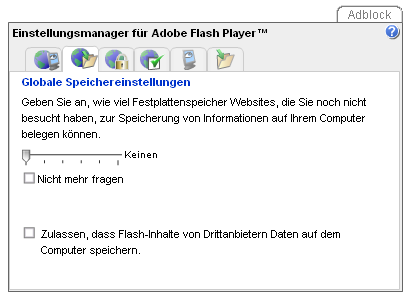23andMe is best known for selling DNA test kits, but the company’s real value lies in the data of its 5 million customers. The bigger its genetic database, the more insights 23andMe can glean from DNA. That, in turn, means the more it can tell customers about their ancestry and health and the more valuable the data it shares with academic scientists and sells to pharmaceutical companies for research. About 80 percent of 23andMe customers choose to participate in such research.
Bioprospecting are
companies pressured by legal uncertainties and unrealistic expectations of benefit-sharing are exploring alternative technologies rather than using natural products for drug R&D
which is a bit different from a welcome framework for Africa
In human genomics, there has been a push to ensure that research on samples collected in developing countries — particularly in Africa — is anchored in local science and community engagement. One example of this is the Human Heredity and Health in Africa (H3Africa) initiative, which is funded by the US National Institutes of Health and the London-based Wellcome Trust. Since 2012, it has funded genomics projects whose principal investigators are African, with several of the projects being managed locally from Kenya’s capital, Nairobi.

